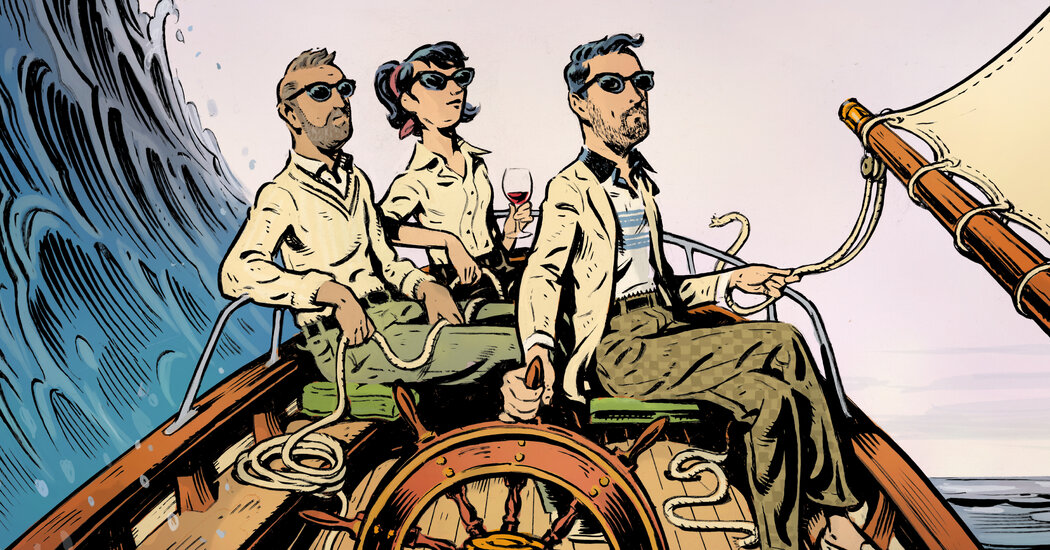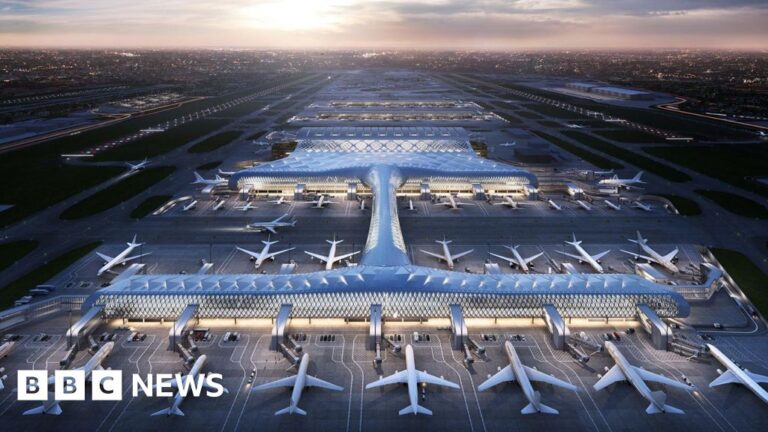Uncertainty is bad for business. The US economy is about to test that proposition like never before. The first weeks of the second Trump administration have been a dizzying whirlwind of economic policy moves: a spending freeze was declared, then rescinded. Federal programs, and even entire agencies, have been suspended or shut down. Tariffs have been threatened, announced, canceled, delayed or enacted – sometimes in a matter of days or even hours. Measures of economic policy uncertainty have soared to levels normally associated with recessions and global crises.
Business leaders, many of whom cheered President Trump’s election victory, expecting lower taxes and reduced regulation, have been left shaking their heads.
“So far what we’re seeing is a lot of costs and a lot of chaos,” said Jim Farley, the chief executive of Ford Motor, told investors at a conference in New York this week. “It’s like your head is spinning with what’s coming down – you just never know.”
Economists in recent years have tried to study the effect of uncertainty with academic rigor, developing measures to assess the phenomenon over time and across countries. Their research has consistently found that uncertainty makes businesses more reluctant to hire and invest, and leads to lower sales – beyond the policies’ own impact.
Source link




